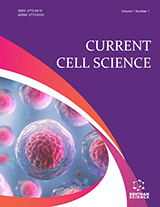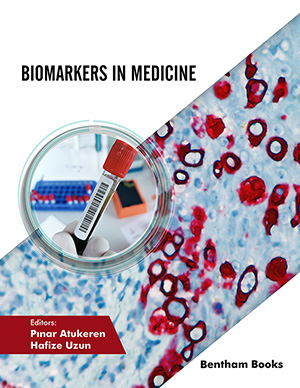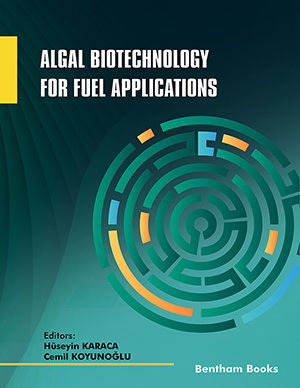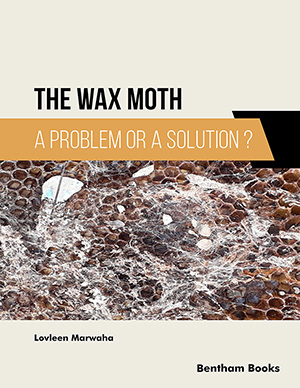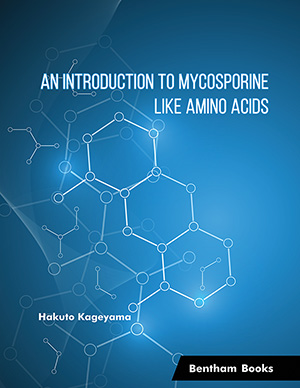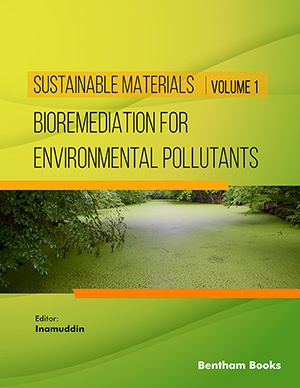Abstract
Androgen deprivation therapy (ADT) is the gold standard for advanced stages of prostate cancer due to the good patient responding to this treatment. Nevertheless, in most cases the disease acquires hormone-refractory status which is considered incurable. The aim of this study is to draw a mechanistic model of androgen receptor (AR) signaling in normal prostate and cancerous tissue in order to better understand the causes of treatment failure. With assistance of Pathway Studio software (Ariadne Genomics Inc., USA) we have created overview pathway showing principal signaling cascades disturbed during prostate cancer development and progression. We further discuss the role of androgen receptor in homeostasis of prostate normal cells and in deregulating signaling of cancer cells. Due to AR involvement not only in proliferation, but also in apoptosis, invasive growth and in cell-to-cell communication, we hypothesized that ADT in some cases may contribute to the development of the castration resistant cancer. We review that upon androgen deprived conditions impaired AR activity can lead to the disturbances in multiple pathways thereby influencing global homeostasis of the prostate. We concluded that potential of AR to potentiate prostate cancer rather than inhibiting it should be taken into consideration when choosing ADT as an option for prostate cancer management.
Keywords: Androgen receptor, prostate cancer, androgen deprivation therapy, Pathway Studio software, AR signaling, AR target, prostate cancer overview pathway, prostate specific antigen, castration resistant prostate cancer, tumor suppressor, oncogene, cell proliferation, apoptosis, cancer metastasis, testosterone, AR-dependent cell, cell homeostasis, prostate cancer treatment, cell cycle, AR antagonist.




